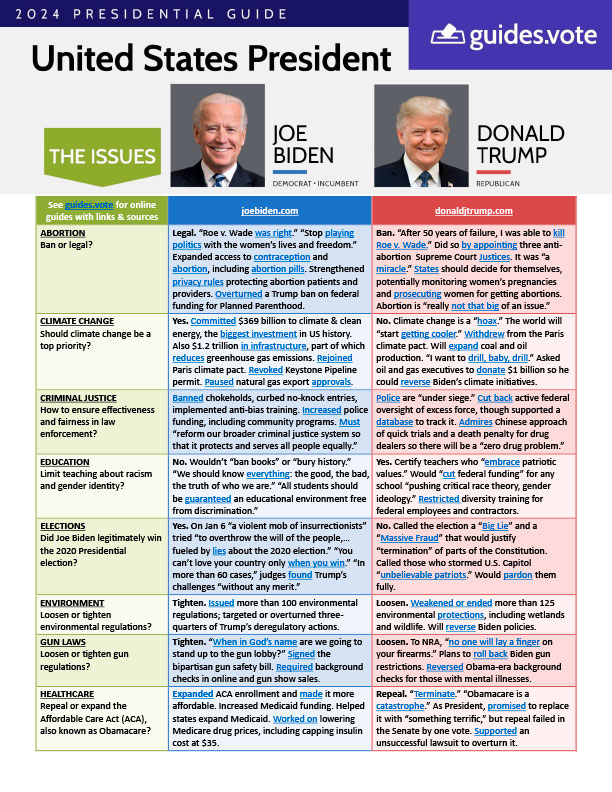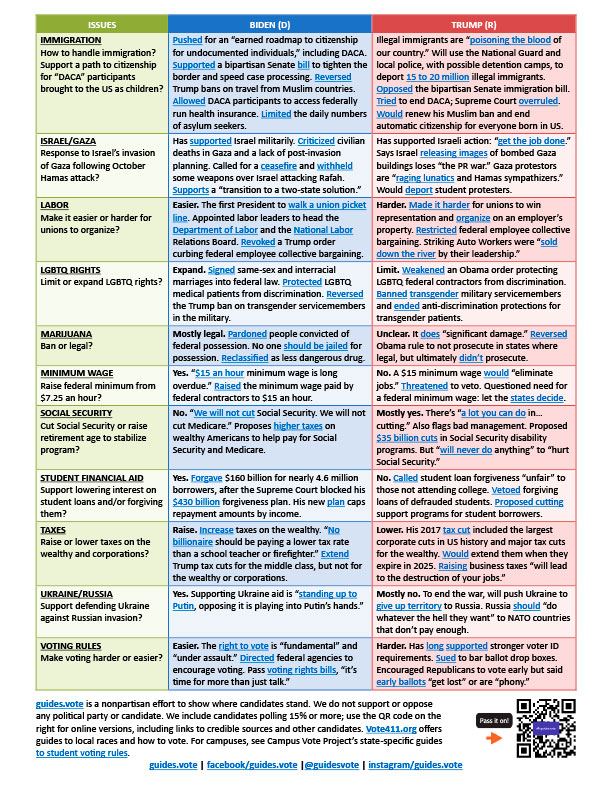The recent attack on Republican candidate Donald Trump has unleashed a wave of indignation. No matter how polarized and rivaling the ideologies and politics may be, nothing justifies an attempt on a person’s life. Not only is life itself inviolable but considering the case of a former president and presidential candidate, such an act can trigger a wave of social violence of unforeseen dimensions. This is especially true for former President Trump, a figure with a massive following who adores him.
In recent days, various factions have agreed on the need to moderate tones and forms, even while continuing to point out discrepancies. Besides reflecting on avoiding incendiary words and accusations, this is also an opportunity to consider a growing problem of our time: the proliferation of fake news. These «rumors,» often presented as absolute truths, invade our networks and contaminate our perception of reality. In an era of distrust and indiscriminate use of artificial intelligence, this increases disbelief even further.
«The wave of false or misleading information about the shooting will only make it harder for voters to find reliable information before the 2024 elections,» according to Imran Ahmed, CEO and founder of the Center for Countering Digital Hate.
It’s essential to remember that intentional misinformation can come in various forms and serve different purposes. Some are entirely fabricated stories meant to tarnish the reputation of a person, institution, or party; others are real events presented in a distorted or manipulated way to create an extreme perception; some information is created to enhance or favor the image of a person, government, company, etc., to gain economic benefits, power, or cover up serious acts of corruption; and in some cases, the news is designed to create irritation, anger, or indignation to provoke a strong adverse reaction or unleash conflict, chaos, and violence.
The biggest problem seems to be that, in this highly polarized scenario over the past decade, with so many false conspiracy theories, we end up believing that the manipulated ones are our adversaries, when in fact, it could be the other way around, and we might be the «victims» of misinformation we accept as true.
We must remain alert and not believe everything, but also not stop believing. It’s crucial to have confidence to avoid falling into apathy, fueled by hopelessness.
The attack on Trump is also an attack on democracy and might not be entirely unexpected, considering the country’s tradition of gun ownership and violent culture, which has resulted in the assassination of four sitting presidents and at least six others surviving various assassination attempts.
Currently, many politicians have been violently attacked and nothing guarantees there won’t be more attacks. The country’s security system is on high alert even before the attack due to credible threats from foreign enemies aiming to further destabilize a nation that prides itself on being the most powerful in the world.
As of this edition’s closing, the attacker‘s motives have not been revealed, but their reprehensible action may have the opposite effect of what they sought. What is clear is that the United States is more polarized than ever; beyond the candidates, it’s about their opposing visions for the future of the country and the world.
It is increasingly necessary to exercise well-informed and critical thinking, free from prejudice, to contribute more effectively to the understanding and social peace that this country demands with growing urgency, and which affects the world, especially its allies.
«Algorithms take the most outlandish content and amplify it exponentially until the entire digital world is flooded with conspiracy, misinformation, and hate,» Ahmed warns. As a result, «people seem to believe they can only fight lies with more lies.»
We must resist the temptation to be distracted and ignore this historic moment, which primarily appeals to those who hold the power to vote. Before exercising it, it is essential to research and find reliable and accurate information, not only about the assassination attempt but also about everything related that influences our opinion. We should follow the recommendations of those who seek to spread knowledge and peace, always check sources, and understand the objectives of those sources.
In this edition, we present various resources to be prepared for the war against misinformation, one that has already begun, where truth is lost to perception, as is often the case in all wars. We must also keep in mind that while people can be killed, ideas cannot.









